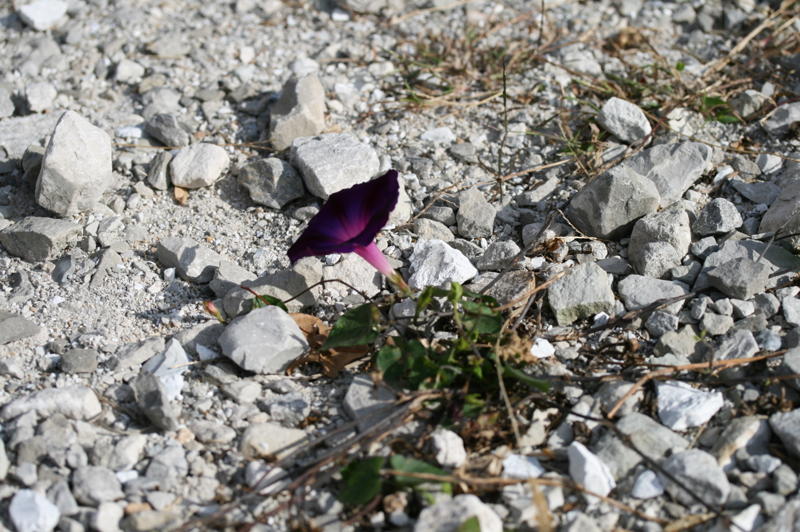Daily Office Readings for Friday, October 12, 2018:
AM Psalm 140, 142; PM Psalm 141, 143:1-11(12)
Micah 3:9-4:5; Acts 24:24-25:12; Luke 8:1-15
The folks who write commentary on our Gospel reading today often call this “The parable of the sower,” but really, the sower doesn’t do much in the story except fling seed. I’ve always thought a more apt title would be “The parable of the seeds” or even “The parable of the soil.” Seems like that’s where all the action is.
It’s tempting and easy to look at this parable through a more superficial lens, and Lord knows enough Sunday School object lessons have been taught through that view. Of course, when we take that view, we all want to believe we are the seeds on good soil. The seeds out in full view of the birds, the seeds on the rocky ground, or the seeds among the thorns, deep down inside we want to think, “That’s those other folks over there. That’s not me. I’m on the GOOD soil.” We want to believe that somehow we have control over where the seed composed of “Us and our relationship with God” lands.
Yet when we dig a little deeper (pun intended) and be honest about it, we know better. We didn’t choose our sex, our parents, our socioeconomic status, the color of our skin, the geography of our birth, or the happenstances of our lives. We also know if we live long enough, sometimes what starts out as fertile soil experiences drought, or gets infested with weeds, or battered by the wind until it’s bare ground, at least for a time or a season. We also know that once we’ve established roots in a place, it’s not like we can always freely move to better soil. Even the most loving, careful transplant damages roots and sometimes requires a pruning on top in order to thrive in new soil.
Jesus’ own words in the paragraph after our reading can be revealing. “‘No one after lighting a lamp hides it under a jar, or puts it under a bed, but puts it on a lampstand, so that those who enter may see the light. For nothing is hidden that will not be disclosed, nor is anything secret that will not become known and come to light. Then pay attention to how you listen; for to those who have, more will be given; and from those who do not have, even what they seem to have will be taken away.’” In a way, it’s a response that reminds us the story simply doesn’t end with an “and isn’t it nice to be in the good soil,” if we are fortunate enough to be there at the moment. When we can grow enough to see grace on a regular basis, there’s grace everywhere. If our growth is stunted and grace is never revealed to us through the nurturing of a patient gardener, we never see it.
Perhaps Jesus’ subsequent words are a call to pay attention to the bare places, the sparse places, the thorny places. What are we to do if we see the flower struggling in the gravel, or the one peeking out through the thorns, or the fragile germinating seed in full view of the birds? I suspect it means we are to water or transplant those flowers yearning to grow in harsh places…and in the end, we might find that when we do, our own roots grow a little deeper and and own stems grow a little sturdier.
Who are the nurturing, patient gardeners who reveal God’s grace to you in the bare, thorny, and rocky places?
(Photo by the Rev. Carrol Davenport, reprinted with permission)
Maria Evans splits her week between being a pathologist and laboratory director in Kirksville, MO, and gratefully serving in the Episcopal Diocese of Missouri . She presently serves as Interim Assistant Priest at two churches, Church of the Good Shepherd in Town and Country, MO, and St. Luke’s Episcopal Church in Manchester, MO, as they explore a shared ministry model.

